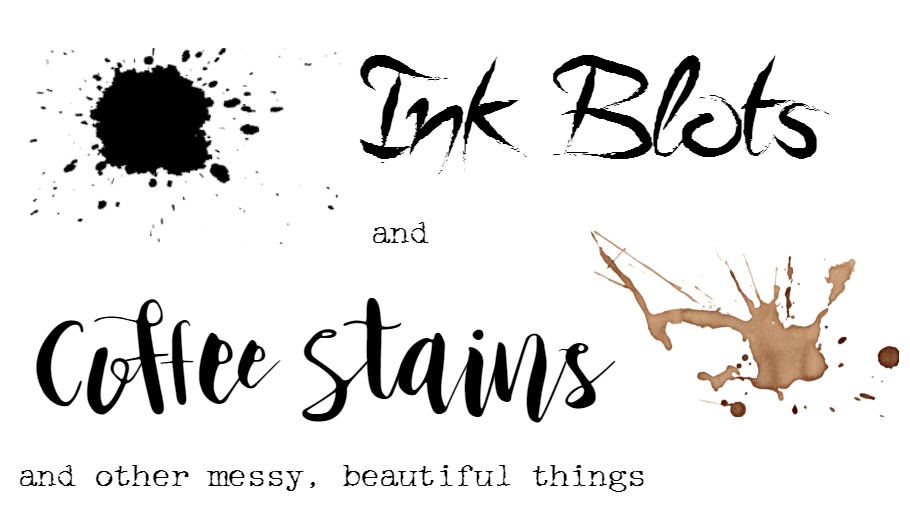I've been planning this post for several months because I love any excuse to talk about world building. BUT. I'm an editor for the Project Canvas blog (which you should totally follow, like, thirty minutes ago), and there's a post already up on the blog, and a post that I recently edited, and they're both about world building. *sheepish grin*
SO. I was racking my brain trying to think of a new spin I could take on the very broad topic of world building.
So here's a question for you.
What does world building look like when it's done right?
I don't know if you've ever read any of Shannon Hale's books, but I would recommend reading Book of a Thousand Days RIGHT NOW so that we can flail together because #GENIUS
I'm also super pumped because I'm getting to visit the world of my old WIP since I'm writing the sequel and THEY GET TO TRAVEL and I am so so pumped for this.
Anyway. What are some good factors that make a setting truly come to life? What makes a world breathe?
#1: It's detailed.
You know all those world building posts that talk about how you need to do a bunch of brainstorming and get down all the little, seemingly insignificant details so that your world comes to life?
They're right.
Don't be afraid to ask lots of questions. Read posts full of them. Jill Williamson's book, Storyworld First, is AMAZING to get your brain gears turning.
Do the work. You'll definitely be able to tell because it will bleed into your entire story.
One thing about Shannon's story that I liked is how not only was everything very detailed, but there were "little things" that made the world come to life. One of those was the different idioms characters had, carried over from their homelands. That was really cool to look at.
#2: It's real.
It's easy to go a little crazy with world building. Sometimes a little too crazy. And while creativity is great, you have to make sure you're still making a world that people could live in. A world that you could climb into a walk around in.
In order to make a real world, however, you need to look around you. Study other countries and cultures. See how they tick, what makes them work. What kind of government they have, what kind of arts and recreational activities. Study what kind of people live there as a result, and think about how the world they live in might have influenced who they are, how they act, how they dress, speak, think, etc.
Book of a Thousand Days was really good about painting the picture. You could see how the main character was so largely effected by her culture. Her people really influenced who she was and how she thought about herself, and it was stunning to see what power a setting has over everything.
#3: It's immersive.
This is the overall top point of this post. Your story world needs to have a lot of aspects, but overall, your reader needs to be immersed. Your characters need to be immersed. It needs to be a world that you could go visit.
Your entire story is effected by story world. What your characters do, what they say, how they dress, what they think. Their internal struggles are effected by the culture of the world and the lies they have, their goals are effected by what society has to offer.
Your story world is where your characters live. So it only makes sense it's what shapes them, and it's what directs their lives.
It's what they have to work with, after all.
I hope you enjoyed today's post! I wish I could have made it a bit longer, but I just got back from a Thursday/Friday trip and I am, quite frankly, exhausted. If you have any thoughts or questions about stuff I didn't address, I'd love to chat in the comments with you!
I love world building so much, and I really encourage you to go researching for some good world building posts. There are so many out there! (especially on the GTW blog)
Is your nano project/WIP in another world? What's your favorite feature of your story world, and how did you come up with it?
<3












